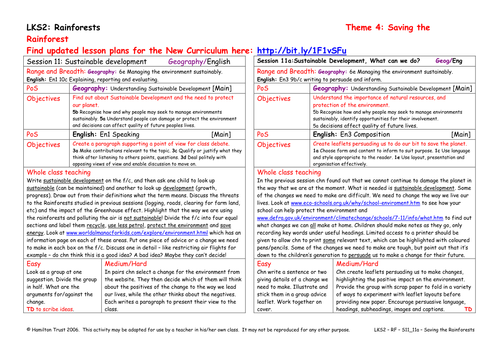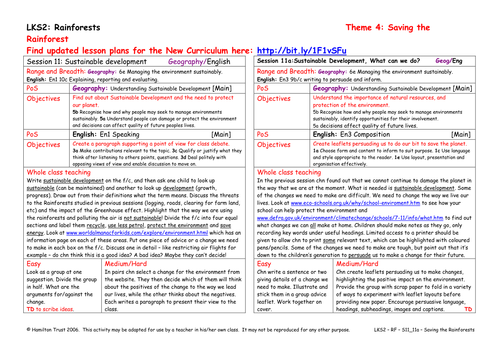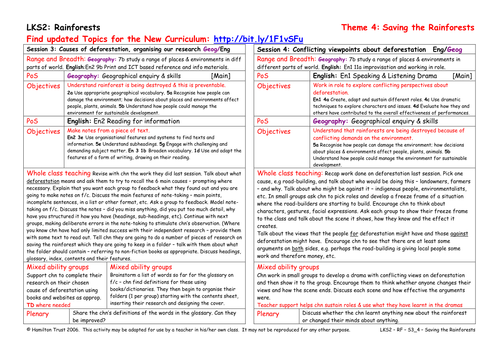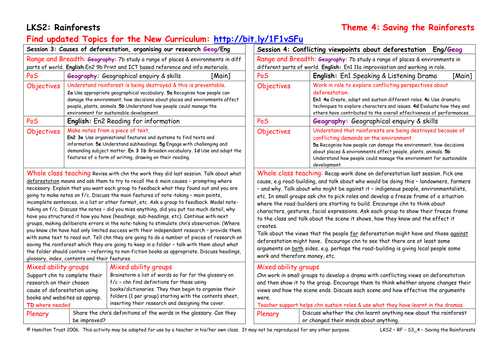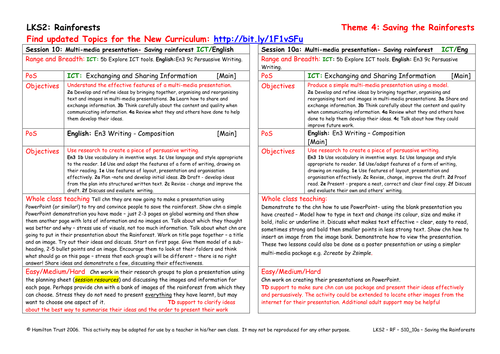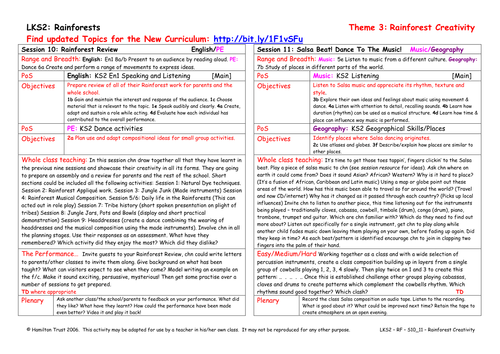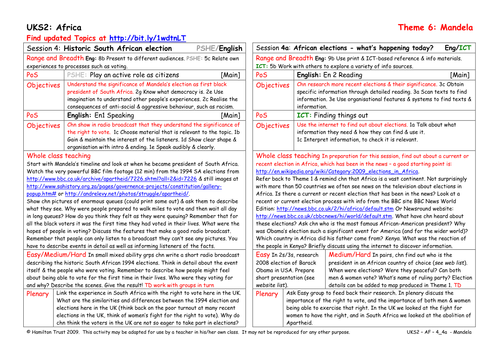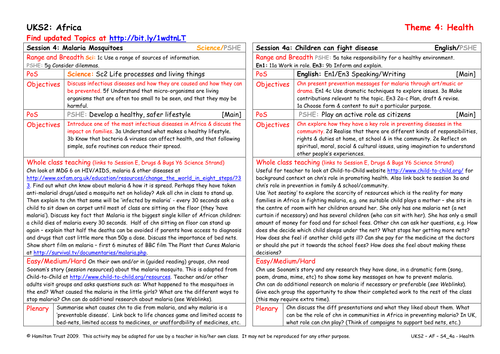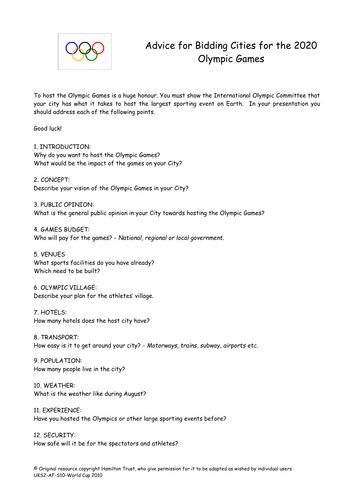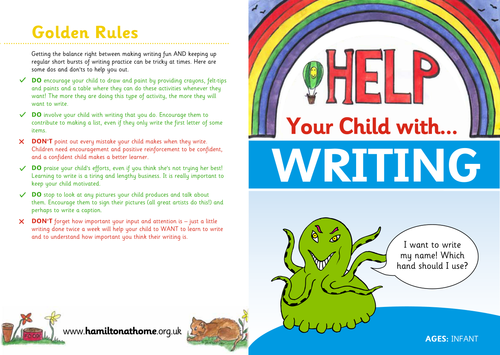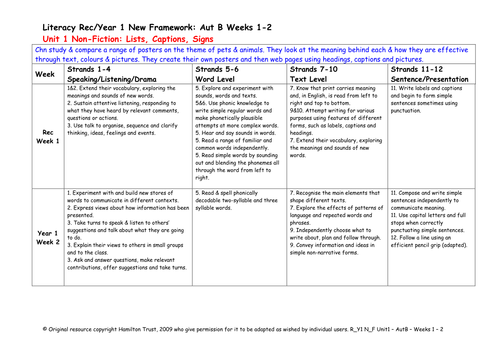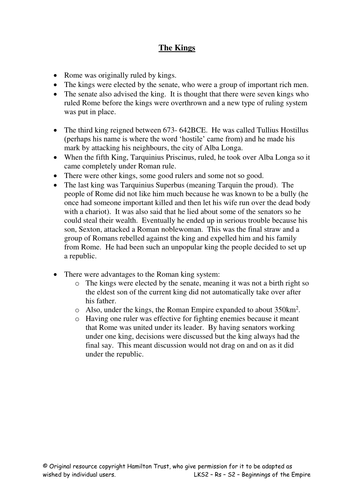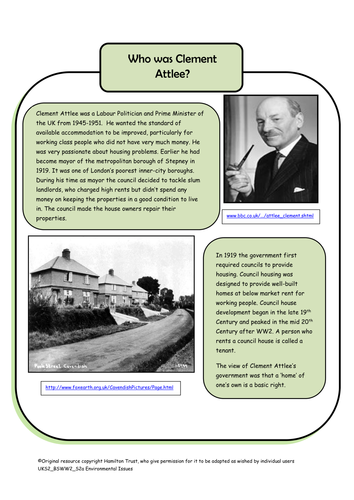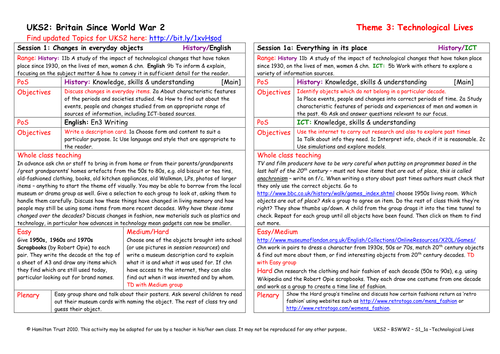
397Uploads
10045k+Views
11647k+Downloads
English language arts

Children discuss the advantages and disadvantages of texting and emails, then write an email with attachments to an email ‘pen pal’ about their favourite session from this topic.

Devices to build cohesion - Presentation & Exercises
Grammar teaching presentation and grammar exercises.
The teaching presentation includes 22 slides that cover:
Devices to build cohesion within and across paragraphs.
Pronouns
Determiners
Subordinating Conjunctions
Adverbs
Paragraphs
Adverbials (including place, number, time)
Topic Sentences
Each cohesive device is introduced, clearly explained, and an example is provided. The class is asked some simple questions to check understanding.
We then provide grammar exercises for children to:
Practise using conjunctions correctly
Practise using cohesive devices within a paragraph
Each collection of exercises is made up of three sets. Set A is the easiest or most accessible, Set C is the hardest or uses more complex language.
This resource is aimed at UKS2. Use the presentation to introduce or revise a grammatical concept as a stand-alone lesson or add on the accompanying exercises for children to practise and apply their knowledge.

Mini World Cup
Is your school ready for kick off? In this session you help the children plan a mini world cup for your school. How can you get other children involved? Who will take responsibility for each aspect of the mini tournament?

Sustainable Development
The way we are damaging the planet we live on is not sustainable! Children find out about sustainable development and look at some of the changes that we need to make. Children think of both positives and negatives for these changes.

Household Gadgets
Children discuss labour-saving gadgets and chores which are still time-consuming or unpleasant. They then work in groups to design their own gadget and present it to the rest of the class as in the Dragon’s Den.

Sustainable development - What can we do?
All talk no action...! Not in this session. Children use the internet to find out what else we can do before creating leaflets to persuade other children and adults to make the change!

Causes of deforestation, organising our research
In this session children find out how to create key word notes and organise their information in folders with contents pages. Children continue to use non fiction book features and the internet to locate information effectively.

Conflicting viewpoints about deforestation
There are two sides to every argument! In this session children take on roles on opposing sides of the deforestation argument. Children create simple freeze frames and sketches to put points across.

Multi-media presentation - Saving rainforest 2
Children complete their presentations started in Session 10, bringing together the information they have collected in previous weeks and images selected from the internet.
Children watch the presentations and give feedback to their peers.

Rainforest Review
This session brings together all the parts of the rainforest creativity theme. From music created with made instruments, dance and the wearing of headdresses to the displaying and showing of pots. Celebrate everything that has been achieved.

Historic South African election
Black Africans were very eager to vote in the 1994 South African election. Discuss the significance of Mandela’s election as the first black president in South Africa. Use historic film footage to show queues of voters and reactions to the election.
Suitable for years 5 and 6.

Adverbials - Presentation & Exercises
Grammar teaching presentation and grammar exercises.
The cat themed teaching presentation includes 22 slides.
Revise verbs and then look at:
Adverbials
Prepositions
Fronted adverbials
How to punctuate fronted adverbials
How to use more than one adverbial in a sentence
Clear examples are provided throughout.
We then provide grammar exercises for children to:
Identify adverbials in a passage
Add adverbials to a sentence
Each collection of exercises is made up of three sets. Set A is the easiest or most accessible, Set C is the hardest or uses more complex language.
This resource is aimed at UKS2. Use the presentation to introduce or revise a grammatical concept as a stand-alone lesson or add on the accompanying exercises for children to practise and apply their knowledge.

Children Can Fight Diseases
Children present through poetry, role play, song or dance, an action that can be taken to prevent malaria.
Suitable for years 5 and 6.

Olympic Games: an African Aim
The host of the 2020 Olympic games will be …? The groups present their Olympic bids before the winner is announced. The real decision won’t be made until 2011, but will Africa be awarded the games for the first time?

Yr1 NF Unit 1 Lists, captions and signs
Children study and compare a range of posters on the theme of pets and animals. They look at the meaning behind each and how they are effective through text, colours and pictures. They create their own posters and then web pages using headings, captions and pictures.

Kings, Republic, Emperors
Children locate the Roman empire on a timeline and discuss how historians and archaeologists are able to piece together the facts. They look at the 3 systems of government: monarchy, republic and emperors, and debate advantages/disadvantages of each.
Suitable for years 3 and 4.

Council Houses
Children recognise the need for affordable social housing. Groups discuss different forms of affordable housing – council houses, tower blocks, housing associations, prefabs.
Feedback to class with pros and cons and decide which would be most useful after a problem.

Changes In Everyday Objects
Children look at every day objects which have changed since WW2, choose one and write a museum card for it.

Effects of Human Land Use
Children read the description of a fictional tourist town, they consider the way the town is dependent upon the tourist industry that surrounds the Coral Lake.
A proposed new bylaw aims to change things – what effects will this have? Children hold a town meeting.




